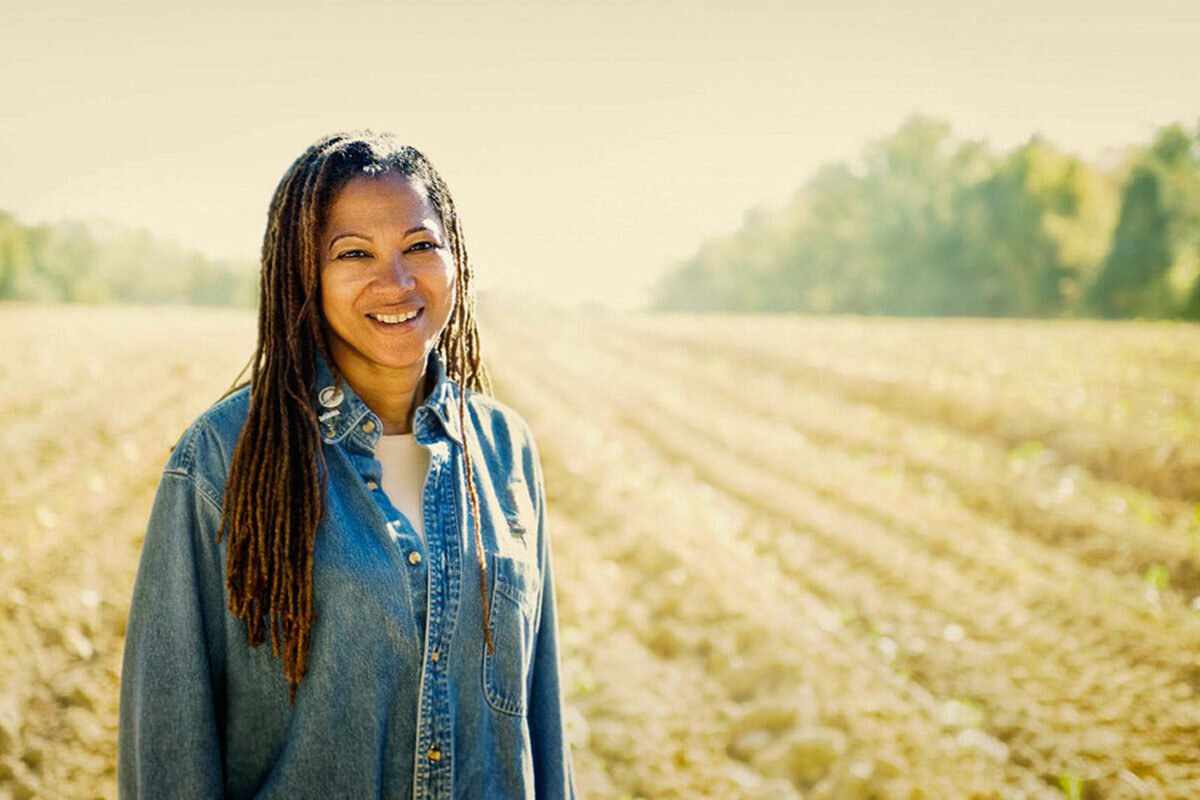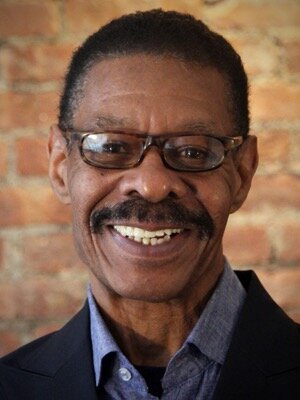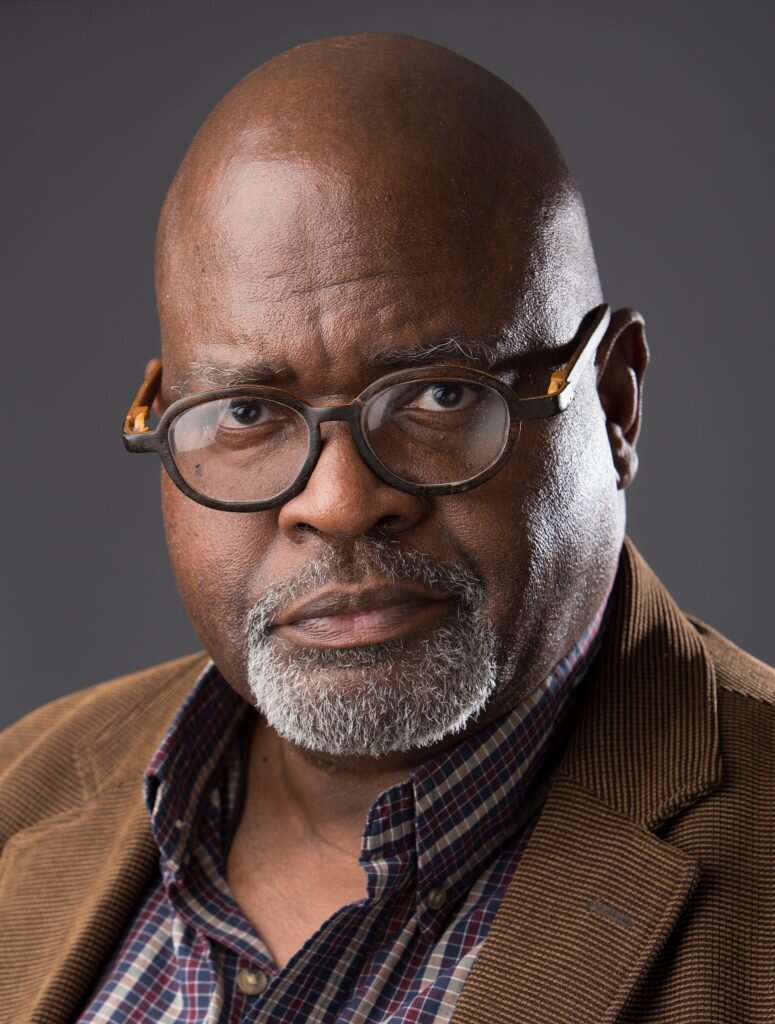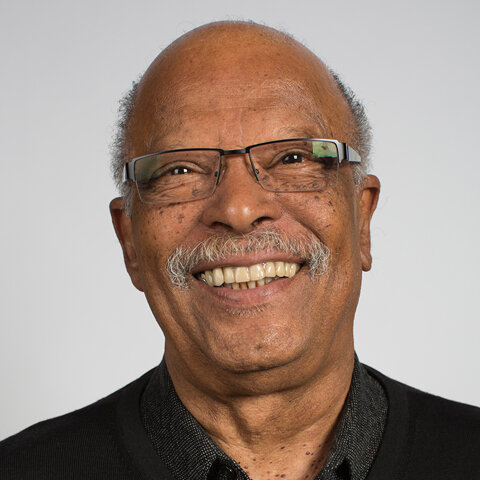Friday 6/19/2020
Time: 1:00 PM EST/10:00 AM PST (90 mins)
Conference Link: https://us02web.zoom.us/j/89250494983
(topics discussed: economic development, land ownership, cooperatives, farming/agriculture, fundraising, grassroots mobilization, restorative economics)
“Revolution is based on land. Land is the basis of all independence. Land is the basis of freedom, justice, and equality.” –Malcolm X
“If we don't do anything about land, the very thing that connects us with freedom, connects us with our civil rights, our food ways, our family life… If we lose all of that then what is there? Why struggle” –Savonala "Savi" Horne
Session Description:
Count on Malcolm X to say it plain. Land is the basis of our freedom. The relationship between Black people and the land runs deep. From Quilombos, to the promise of 40 acres and a mule; to the Combahee River Colony; all the way to the Black Panthers’ Ten-Point Program, the demand for Black land is deeply rooted in the Black freedom struggle. Despite the strategic role of Black land ownership in our pursuit of freedom, since 1920 the number of Black farmers has fallen by 94 percent and millions of acres of Black land has been lost.
This seminar will explore solutions to Black land loss centering what we must do now to get back our land through collective and cooperative economics. Panelists will first consider our relationship as Black people to the land, how the relationship has transformed across geography and time, and historic efforts to preserve Black land and advance cooperative economic development within the Black community. Panelists will then turn to solutions fit for our time and our needs as a community. Participants in this seminar will gain exposure to and engage with various models and strategies and will leave the seminar inspired and ready to meet Savi Horne’s call to take back the land and our freedom now.
Speakers:
Savi Horne
Executive Director of the North Carolina Association of Black Lawyers, Land Loss Prevention Project, a non-profit law firm has offered for more than thirty-three years, legal representation of clients, community economic development, and professional outreach in the effort to promote wealth, land preservation, and rural livelihoods. As a state, regional and national non-governmental organization leader, she has been instrumental in addressing the needs of socially disadvantaged farmers and rural communities. She graduated from Rutgers University, School of Law-Newark, New Jersey and was admitted to the New York State Bar in 1990
Clark R. Arrington
General Counsel for The Working World, is an experienced attorney and educator who has supported socially responsible businesses around the world. Prior to joining The Working World, Clark taught and practiced Business Law in Tanzania and Tunisia. Clark served as Chair, General Counsel and Capital Coordinator of Equal Exchange and has served on the boards of the ICA Group, the Social Venture Network and the Cooperative Fund of New England
Ed Whitfield
Co-founder and co-managing director of the Fund for Democratic Communities (F4DC). A long-time social justice activist, Ed had been involved in labor, community organizing and peace work since the late 60‘s when he was a student activist at Cornell University. He was the chairman of the Greensboro Redevelopment Commission for 9 years and formerly board chairman of Greensboro’s Triad Minority Development Corporation. Originally from Little Rock, Arkansas, Ed’s political activism started with attending Little Rock Central High School and beginning to do anti-war work as a teenager. Ed retired after 30 years in industry before becoming involved with philanthropy. He now speaks and writes on issues of cooperatives and economic development while continuing to be interested in issues of war and peace, as well as education and social responses to racism
Joe Brooks
Senior Fellow and has been with PolicyLink since its founding in 1999, serving as a senior adviser to the Alliance for Boys and Men of Color team. Prior to working for PolicyLink, Joe was a faculty member of the inaugural black studies departments at two universities: University of California, Berkeley, and San Francisco State University. He edited the Review of Black Political Economy, published by the Black Economic Research Center in New York City. Joe is a former citizen of the Republic of New Africa and minister of Economic Affairs- 1969-73. From 1972 to 1984, he was the president of the Emergency Land Fund, saving black-owned land in the rural Black Belt of the southeast U.S. He later served as executive director of the Berkeley, California War on Poverty and executive director of the Rent Stabilization Board in Berkeley.
Noah McDonald
(He, they) Farmer, land steward, and independent researcher working with Southeastern African American Farmers Organic Network (SAAFON), an Atlanta-based non-profit acting collectively for the prosperity of traditional and ecological Black Southern Farmers and for the revitalization of Black agrarianism. He comes from five generations of farmers from the Upper Cape Fear River in North Carolina. From 2018 to 2019, he served as the Cynthia Hayes – Fannie Lou Hamer Fellow at SAAFON, identifying a collective landholding model for the prevention of land loss within SAAFON’s farmer network, and organizing for land-based liberation with the Black Land and Power Coalition. In 2019, he worked a season as a farm apprentice at Soul Fire Farm in Petersburgh, NY. In 2020 he returned to SAAFON to continue articulating and (re)defining its land work. He is also a part-time poultry manager at Movement Ground Farm in Tiverton, RI. He is passionate about being in relationship with land, working for ecosystem restoration, and fulfilling his ancestral responsibility to hold and pass on southern Black agrarian traditions.
Moderator: Noni Session
Executive Director of the East Bay Permanent Real Estate Cooperative a democratic, People of Color led cooperative that takes land and housing off the speculative market to create permanently affordable, community-controlled land and housing. Noni is a 3rd generation West Oaklander, Cultural Anthropologist and Grassroots Organizer. After a 2016 run for Oakland City Council in which she garnered more than 43% of the vote, Noni came to believe her community’s clearest pathway to economic justice and to the halt of rapid displacement was a cooperative economy.
